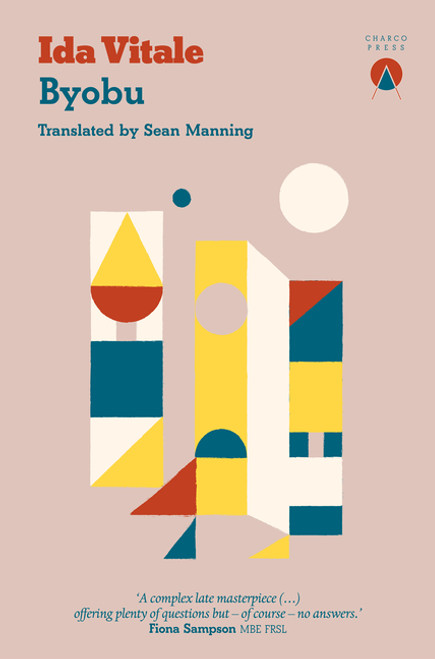a story's existence, even if not well defined or well assigned, even if only in its formative stage, just barely latent, emits vague but urgent emanations.
Byobu's every interaction trembles with possibility and faint menace. A crack in the walls of his house, marring it forever, means he must burn it down. A stoplight asks what the value of obedience is, what hopefulness it contains, and what insensible anarchy it defies. In brief episodes, aphorisms, and moments of spiritual turbulence and gentle scrutiny, reside a wealth of habits, worries, curiosities, pleasures, peculiarities, and efforts to understand.
Representative of the modesty and complexity of Ida Vitale's poetic universe, Byobu flushes the world with meaning and playfully offers another way of inhabiting the every day.


